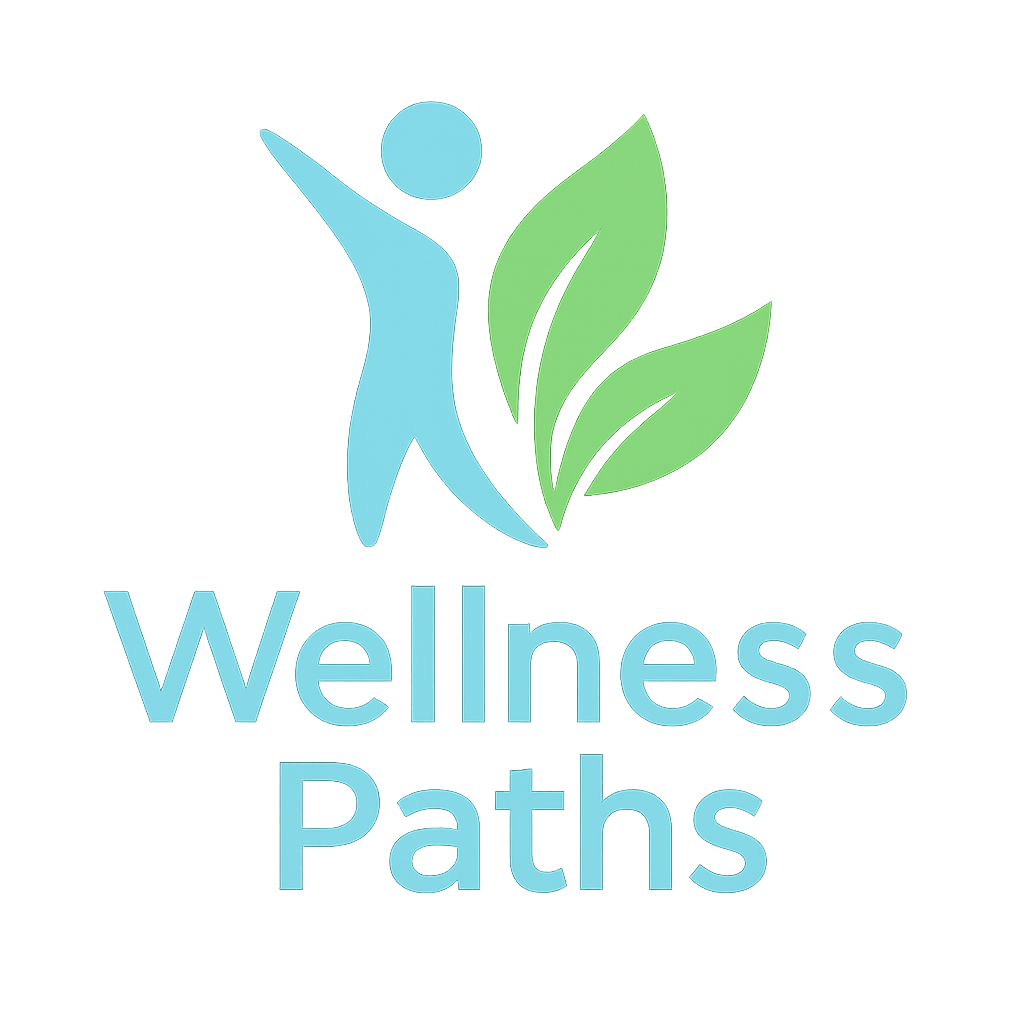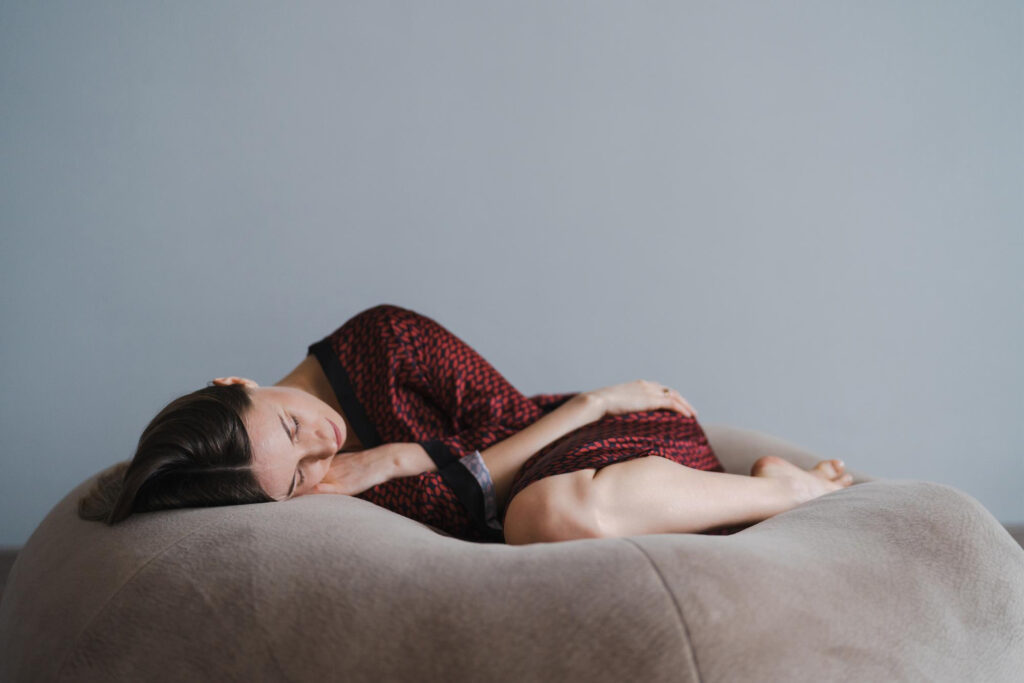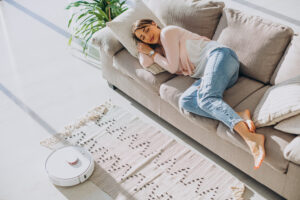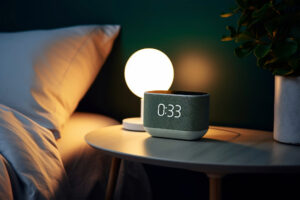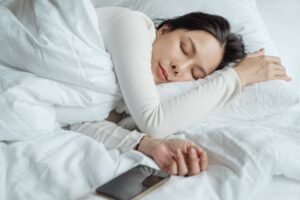Getting good rest has become more than just a goal—it’s something we are all actively working to improve in our lives. Rest is now a central topic in health and wellness conversations, and a fresh idea called Key Rest is reshaping how people think about sleep. It isn’t just about getting more hours of sleep; it’s about making small, meaningful changes that help us feel truly refreshed and energized.
When we talk about Key Rest, we focus on what really matters for restful sleep. It’s about practical, simple habits that bring genuine rest without complicated routines or overwhelming tracking devices. In fact, more people are realizing that obsessing oversleep stats can add stress instead of relaxation. Rest should feel good—not like another task on your to-do list.
Moving Beyond Sleepmaxxing
One of the most talked-about ideas in recent years is “sleepmaxxing.” You may have seen it trending on social media platforms like TikTok, where users share their nightly routines and sleep hacks. These range from drinking magnesium mocktails to using blackout curtains or even taping mouths to encourage nasal breathing.
While some of these habits can genuinely help, experts caution that sleepmaxxing can sometimes cause anxiety. The pressure to get “perfect sleep” has even earned a name: orthosomnia. People start worrying about their sleep quality and end up feeling more tired and stressed. Key Rest encourages us to avoid that trap. It’s not about doing everything or following every trend, but about discovering what works best for you in a calm, balanced way.
The best part is that Key Rest gives permission to slow down and listen to your body. If you find a routine or practice that helps you relax, stick to it without adding pressure to constantly improve or track every detail. Sometimes the simplest habits—like dimming the lights or turning off screens earlier—can have the biggest impact.
Finding Calm with Key Rest and Sound Therapy
Creating a peaceful environment is another key to better rest, and sound plays a big role. For years, white noise machines have helped block out distracting sounds, providing a consistent background hum that soothes many people.
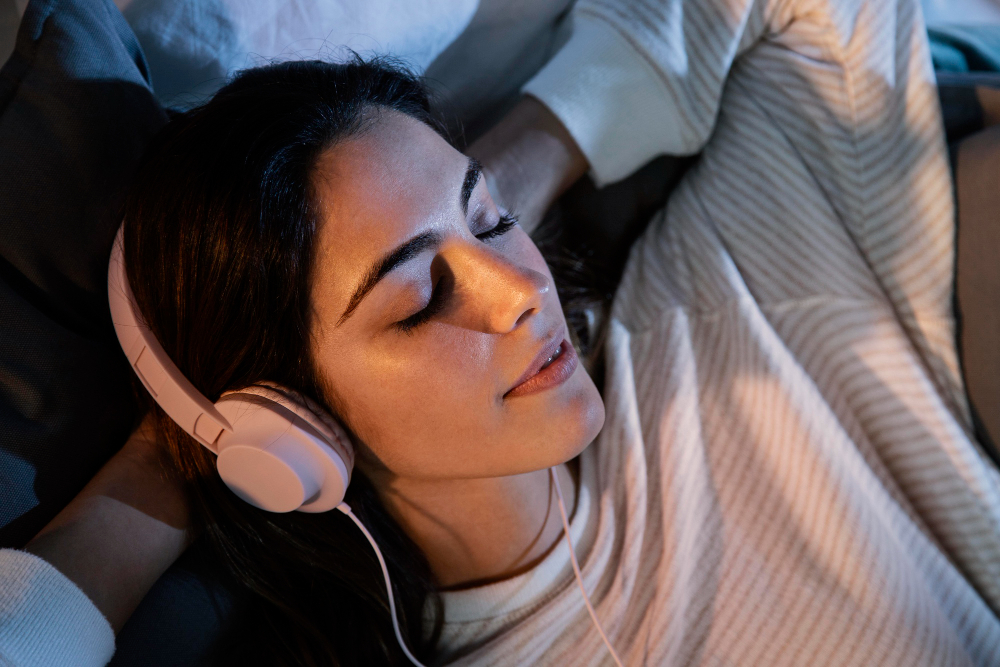
Brown noise is becoming more popular these days. It offers a deeper, softer sound than white noise, which many people find more comforting. More and more, these gentle soundscapes are being added to bedtime rituals, using apps or speakers to help calm the mind and naturally drift into sleep.
Sound therapy is not about complex gadgets or expensive devices. It’s about simple tools that create a soothing atmosphere and help quiet the busy thoughts that keep many awake at night. Whether it’s the sound of rain, ocean waves, or gentle static, these familiar noises can be a powerful way to invite rest. For more on effective sleep technology, check out our article on Sleep Tech.
The Growing Appeal of Key Rest and Sleep Tourism
Travel has always been about exploration and relaxation, but now a new type of travel experience is emerging: sleep tourism. This trend focuses on vacations and retreats designed to optimize rest.
Hotels and wellness centers worldwide are creating sleep-friendly environments with special lighting, soundproof rooms, and personalized bedtime rituals. Guests can enjoy guided relaxation sessions, calming aromas, and even AI-powered mattresses that adjust to their comfort needs.
Sleep tourism shows how much rest matters. Travelers look for places to unplug, escape stress, and wake up refreshed. Even if sleep-focused trips aren’t frequent, the ideas behind them inspire us to create calm, restful spaces at home with less noise, softer lights, and calming scents like lavender.
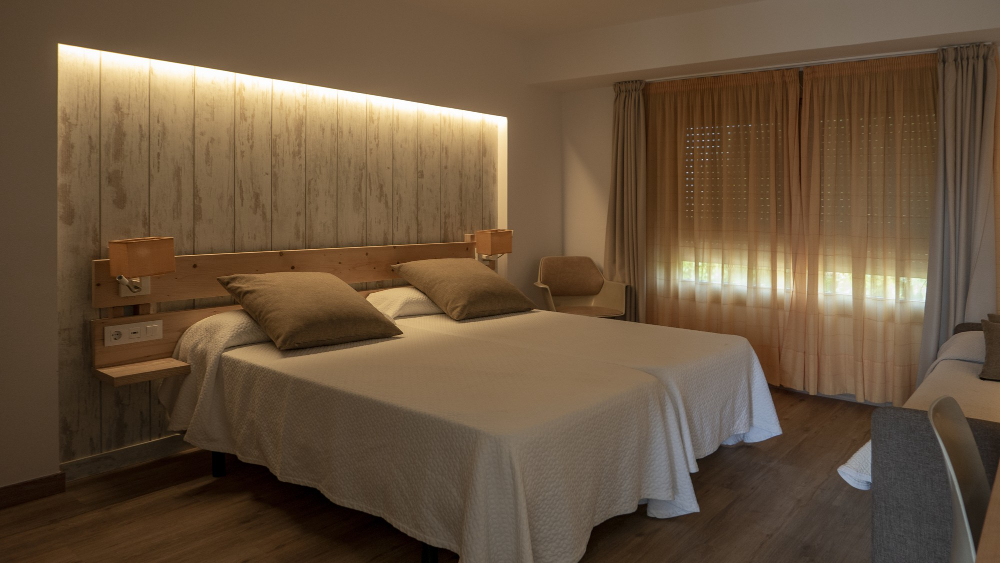
Cold Showers and Relaxing Evenings
Taking a cold shower before bed might sound unusual, but it’s a growing trend inspired by wellness experts like Wim Hof. Cold exposure can help lower the body’s temperature, a natural signal for your body that it’s time to sleep.
The sudden chill also activates the nervous system in a way that releases tension and promotes relaxation. Many people find cold showers refreshing and say it helps them unwind after a busy day. Of course, this isn’t a one-size-fits-all solution—some might prefer a warm bath or gentle stretching instead—but it’s an interesting option to try if you want to experiment with your evening routine.
Incorporating small changes like this can make a big difference in how easily you fall asleep and how deeply you rest through the night. It’s all about finding what fits your lifestyle and makes you feel calm.
Personalized Sleep Support with Key Rest
Not all sleep challenges are the same, which is why personalized support has become increasingly popular. Sleep coaches and hypnotherapy apps offer tailored guidance to help people improve their rest based on individual habits and needs.
Instead of generic advice, these tools consider your lifestyle, preferences, and difficulties. Sleep coaches can provide practical tips and accountability without overwhelming you, while hypnotherapy apps use calming voices and exercises to ease you into relaxation.
For many, this kind of personalized care is a game changer. It helps turn restful sleep from a distant dream into an achievable goal by focusing on what truly helps you feel better.
Rest That Feels Personal
What makes Key Rest truly special is its focus on personal experience. Rest isn’t about copying someone else’s routine or chasing trends. It’s about finding what helps you feel rested, calm, and ready for the day.
Maybe it’s adding soft music or nature sounds to your night, trying a cold shower, or simply making your bedroom a screen-free sanctuary. Maybe it’s exploring sleep-focused vacations or reaching out to a coach who understands your unique needs.
The message is clear: there is no perfect formula for rest. The key is balance and kindness toward yourself. When rest feels natural and personal, it becomes easier to maintain and more rewarding.
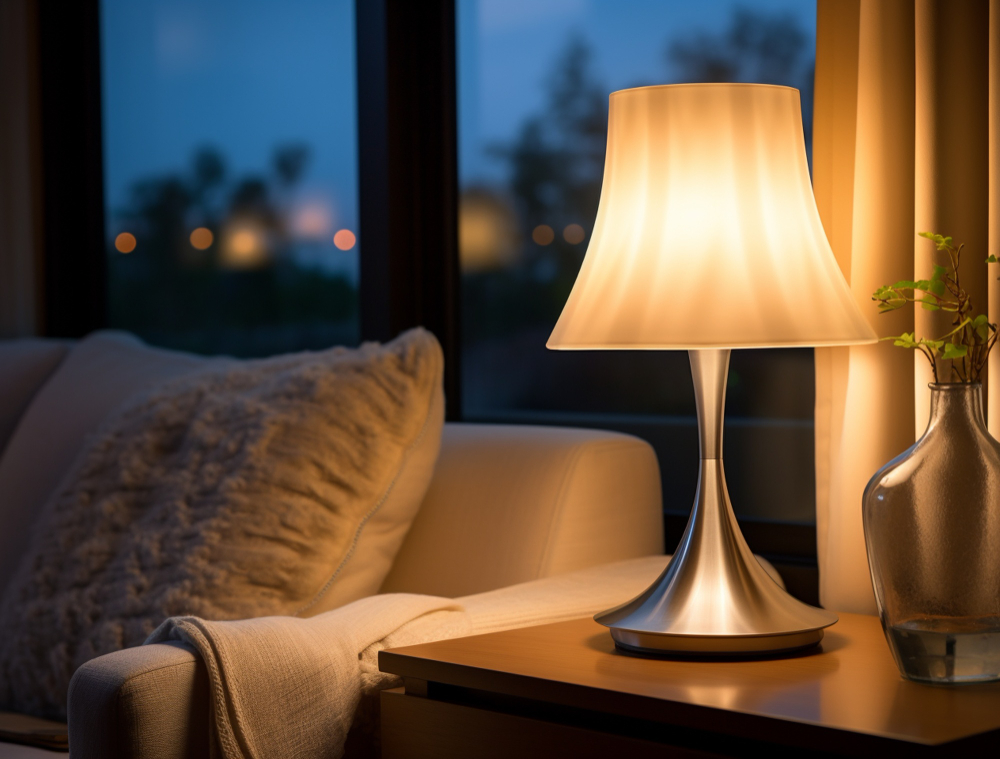
Taking the First Step Toward Better Rest
Starting a Key Rest practice doesn’t require big changes or expensive equipment. It begins with simple choices—turning off screens earlier, dimming the lights, or trying calming sounds. From there, you can explore what makes you feel peaceful and refreshed.
Remember, rest is a vital part of your health and happiness. It fuels your energy, improves mood, and supports your overall well-being. Giving yourself permission to rest well is one of the best gifts you can offer yourself. To learn more about how to sleep well and recharge your energy, visit our article on Restorative Sleep.
We’d love to hear from you! What small changes have you made to improve your rest? Or maybe you’re curious to try some of these tips? Share your experiences, questions, or favorite rest rituals in the comments below — let’s learn and grow together on this journey to better sleep!
Sources
National Sleep Foundation – Sleep Environment and Sound Therapy
Details the benefits of sound therapy such as white and brown noise in improving sleep quality by masking disruptive sounds and calming the nervous system.
https://www.sleepfoundation.org/noise-and-sleep
Harvard Medical School – Sleep and Mental Health
Explains the importance of good sleep hygiene for mental well-being and how simple lifestyle changes can improve rest quality and reduce anxiety related to sleep tracking.
https://www.health.harvard.edu/newsletter_article/sleep-and-mental-health
Global Wellness Institute – Sleep Initiative Trends
It highlights the rise of sleep-related anxiety, driven by digital dependency, economic uncertainty, and the lingering effects of sleep disruptions during the pandemic. Research shows that nearly 40% of Generation Z adults report sleep-related anxiety at least three times per week.
https://globalwellnessinstitute.org/global-wellness-institute-blog/2025/04/02/sleep-initiative-trends-for-2025/
